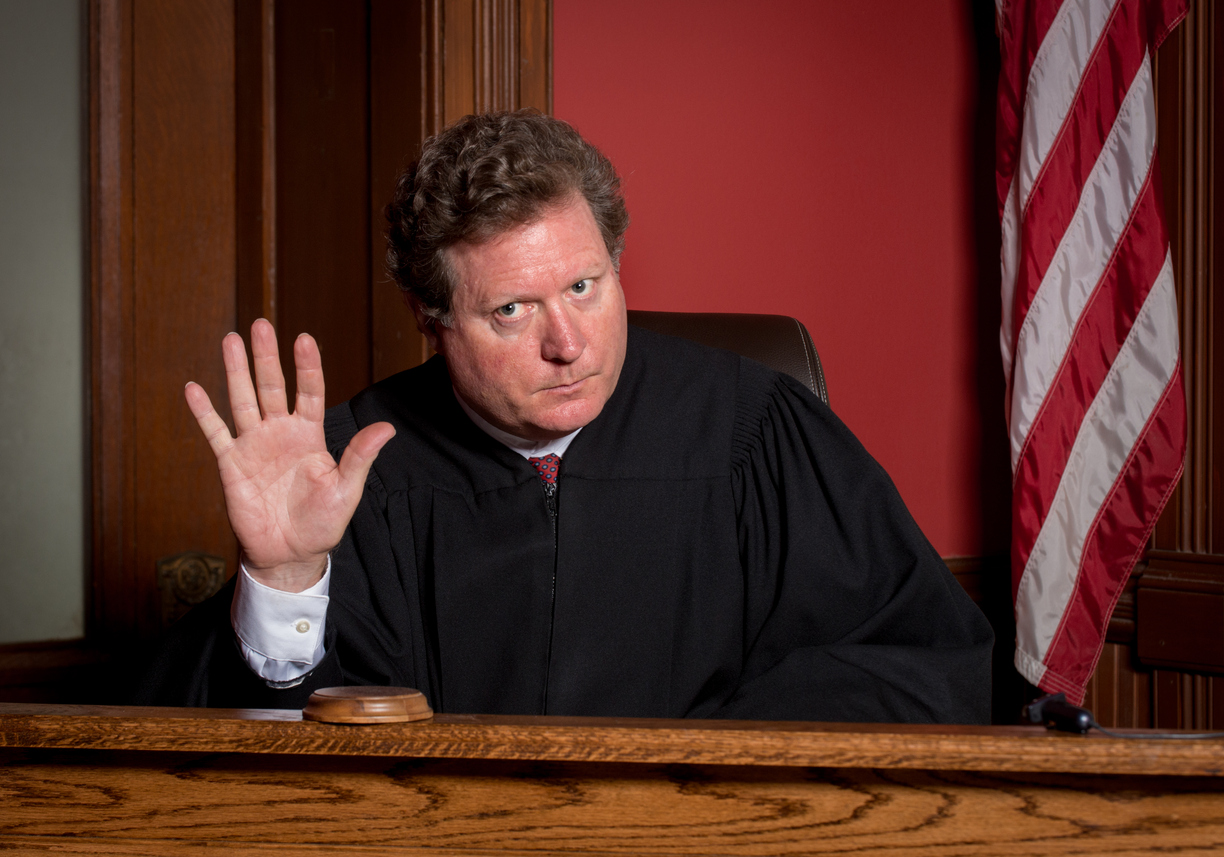We recently received a requested blog topic for the following:
FL Value Policy Law as it would apply with Hurricane Irma. If we have an insured with a Citizens policy with Cov A limit of $200,000 and our repair estimate is $180,000 should the value policy law be applied?
Answer: It depends. (I’m a lawyer, of course this is my answer!)
Florida has a healthy bank of cases concerning the Valued Policy Law. However, many concern outdated statutory language. The current Valued Policy Law provides:
627.702 Valued policy law. –
(1)(a) In the event of the total loss of any building, structure, mobile home as defined in s. 320.01(2), or manufactured building as defined in s. 553.36(13), located in this state and insured by any insurer as to a covered peril, in the absence of any change increasing the risk without the insurer’s consent and in the absence of fraudulent or criminal fault on the part of the insured or one acting in her or his behalf, the insurer’s liability under the policy for such total loss, if caused by a covered peril, shall be in the amount of money for which such a property was so insured as specified in the policy and for which a premium has been charged and paid.
(b) The intent of this subsection is not to deprive an insurer of any proper defense under the policy, to create new or additional coverage under the policy, or to require an insurer to pay for a loss caused in part by a covered peril and in part by a noncovered peril, paragraph (a) does not apply. In such circumstances, the insurer’s liability under this section shall be limited to the amount of the loss caused by the covered peril. However, if the covered perils alone would have caused the total loss, paragraph (a) shall apply. The insurer is never liable for more than the amount necessary to repair, rebuild, or replace the structure following the total loss, after considering all other benefits actually paid for the total loss.
You can find the full text of the statute here.
It is important to note in Subsection (b), that the “total loss” must be caused by a covered peril. If winds and flood associated with Hurricane Irma combined to cause the $180,000 damages referenced above, the Valued Policy Law will not apply since flood is an excluded peril under the Citizens policy. However, if covered wind damages alone make up the $180,000 of damages, then the Valued Policy Law could apply.
The insured must then establish that there has been a “total loss” of an insured building. This can be accomplished one of two ways:
First, a “total loss” could be what is referred to as an “actual total loss,” which occurs when a building “los[es] its identity and specific character as a building, and becomes so far disintegrated it cannot be possibly designated as a building, although some part of it may remain standing.” Greer v. Owners Ins. Co., 434 F.Supp.2d 1267 (N.D. Fla., 2006); (citing Lafayette Fire Ins. Co. v. Camnitz, 111 Fla. 556, 560, 149 So. 653, 654 (Fla. 1933)). Courts refer to this as the “identity test.”
Second, a “total loss” could be a “constructive total loss.” This requires an “unequivocal demolition order.” Magaldi v. Safeco Ins. Co. of America, 2009 WL 10668553 (S.D. Fla. Feb. 9, 2009) (“This court concludes that the majority view, requiring an unequivocal demolition order to establish “constructive total loss,” adopted in Netherlands Ins. Co. v. Fowler, 181 So.2d 692 (Fla. 2d DCA 1966) is the correct approach…”) Put differently, “[a] constructive total loss occurs when a building, although still standing, is damaged to the extent that ordinances or regulations in effect at the time of the damage actually prohibit or prevent the building’s repair, such that the building has to be demolished.” Netherlands Ins. Co., 181 So.2d 692 at 693.
In Magaldi, the insured argued that the cost of repairing her home exceeded the pre-hurricane value of the home, such that it would be economically foolish to spend more money on restoration than the building was worth. The court rejected this “cost efficiency” or “cost/benefit” type analysis in relation to Florida’s Valued Policy Law.
Coming back to the factual scenario that inspired this blog, it is unclear from these facts whether either of the above scenarios apply to deem the home a “total loss” under Florida’s Valued Policy Law. Certainly, it would be prudent to consult with the local building authority to determine whether a demolition order is necessary to bring the home in compliance with current code requirements.



